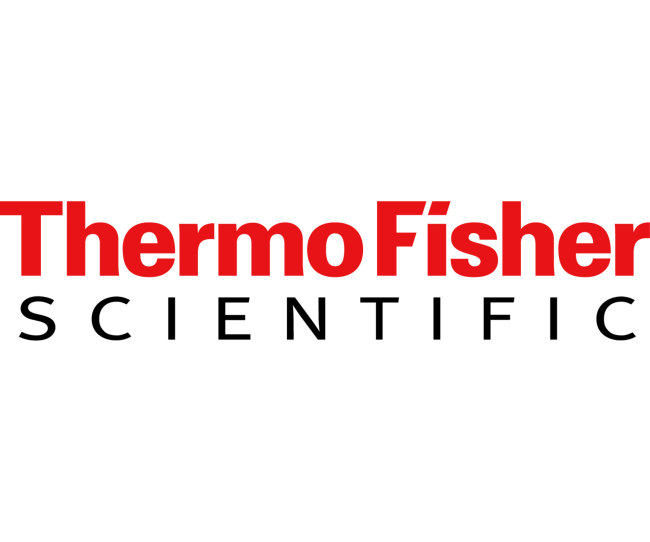Sessions
Expression systems
Protein expression is a crucial step in the development and production of biologics, especially for novel protein modalities that require high-quality and high-yield recombinant proteins. This session will provide insights into a variety of expression platforms, ranging from mammalian to microbial, and the latest innovations and applications of synthetic biology, machine learning, and gene editing technologies. Additional focus will be placed on overcoming the challenges and trade-offs associated with different expression systems, such as scalability, stability, glycosylation, and folding. Whether interested in monoclonal antibodies, multispecifics, or other difficult to express biologics, this session will provide practical solutions for many protein expression applications.
Highlights:
- Expressing multispecific and other difficult to express protein modalities
- Machine learning/AI to enhance expression and quality
- Alternative host cell platforms
Invited Speaker: J. Christopher Love
Chairs: René Hubert, Bram Estes
Cell engineering
Applying sophisticated cell line engineering tools can increase yield and quality of biopharmaceuticals for protein-based, viral gene, and cell-based therapies. Cellular bottlenecks in manufacturing are increasingly deciphered and can thus be overcome right from the start. The Cell Engineering session will provide an increased understanding of the basic biology underlying superior recombinant protein and viral vector production systems and feature novel technologies or strategies to overcome bottlenecks. Synthetic biology and high-throughput screening approaches to significantly advance cell line development will also be in scope, as well as host cell and vector engineering, cell line development and characterization, enhancement of cell line stability and biomarkers for cell line performance.
Highlights:
- Cell line and vector engineering for proteins and emerging modalities
- Novel screening, characterization and engineering techniques
- Underlying biological mechanisms and synthetic biology
Invited Speaker: Camil Diaz
Chairs: Simon Fischer, Kerstin Otte
Multispecifics and protein engineering
Protein engineering is a rapidly evolving field. Breakthroughs in experimental and computational technologies present new opportunities for developing novel and improved biopharmaceuticals. In this session, leading experts will present on cutting-edge techniques and tools to design, optimize, and produce proteins with enhanced properties and functions. Practical insights will be shared into the latest advances and challenges in generative AI, machine learning, directed evolution, and high-throughput experimental methods used to develop protein-based therapeutics. Examples include antibody-drug conjugates (ADCs) and fusion proteins, difficult to express biologics, glycoengineered molecules, multispecific modalities, viral capsids, and receptors for cell therapies. Whether interested in rational design, directed evolution, or generative biology, this session will provide valuable insights and inspiration into protein engineering.
Highlights:
- Generative biology and machine learning
- Functionalized proteins (ADCs, fusion proteins)
- Success with difficult to express biologics
Invited Speaker: Bram Estes
Chairs: René Hubert, Nathan Lewis
Product quality
Product quality refers to physical and chemical attributes that may affect the efficacy, safety and purity of biotherapeutics. Assessing, improving and/or maintaining product quality and yield are the main topics in this session which may include media development, advancements in analytics, process adaptations, product purification improvements and contaminant removal. Additional topics addressed in this session include major developments in the field with respect to product quality including innovative, time-saving, cost effective methods, novel quality by design (QbD) or design of experiment (DoE) approaches.
Highlights:
- Upstream and downstream processing
- AI and Design of Experiment (DoE)
- Quality by Design (QbD) and analytics
Invited Speaker: Jeff Smith
Chair: Yvonne Genzel, Laura A. Palomares
Therapeutic viral and non-viral particles
This session focuses on all particles with therapeutic entities, including viruses, virus-like particles (VLPs), exosomes and defective interfering particles (DIPs) produced in animal cell cultures. Practical insights will be shared in the generation and modification of chimeric or vectored particles with mixed functions, cell engineering (complementing, stable expressing) as well as production, purification and efficacy/potency testing. To tackle the upcoming demands of these particles, emerging technologies, process integration and intensification for high yield manufacturing will be addressed.
Highlights:
- Exosomes, vectors & viruses
- Vaccines, cancer and gene therapy
- Design, production and purification
Invited Speaker: Laura A. Palomares
Chairs: Laura Cervera Gracia, Yvonne Genzel
Omics, AI tools and intensification
Omics technologies are essential to guide bioprocess optimization and to characterize the critical quality attributes (CQAs) required by regulators to ensure the safety and efficacy of biotherapeutics. Novel approaches are invited in this session including multi-omics, multiplexed approaches, or systems biology type approaches. As artificial intelligence (AI) and machine learning are becoming increasingly prevalent in this area, methods harnessing this technology are highly welcome. Lastly, technologies relating to process intensification via continuous operation are invited. Integration of continuous upstream and downstream processing and implementation of single-use technologies as well as AI-based monitoring and control can advance this field even more and thus will be explored with respect to process bottlenecks and new possibilities.
Highlights:
- Critical quality attributes (e.g., glycosylation and aggregation)
- Artificial intelligence tools
- Continuous bioprocessing and intensification
Invited Speaker: Ioanna Tzani
Chair: Olivier Henry, Chris Corbeil
